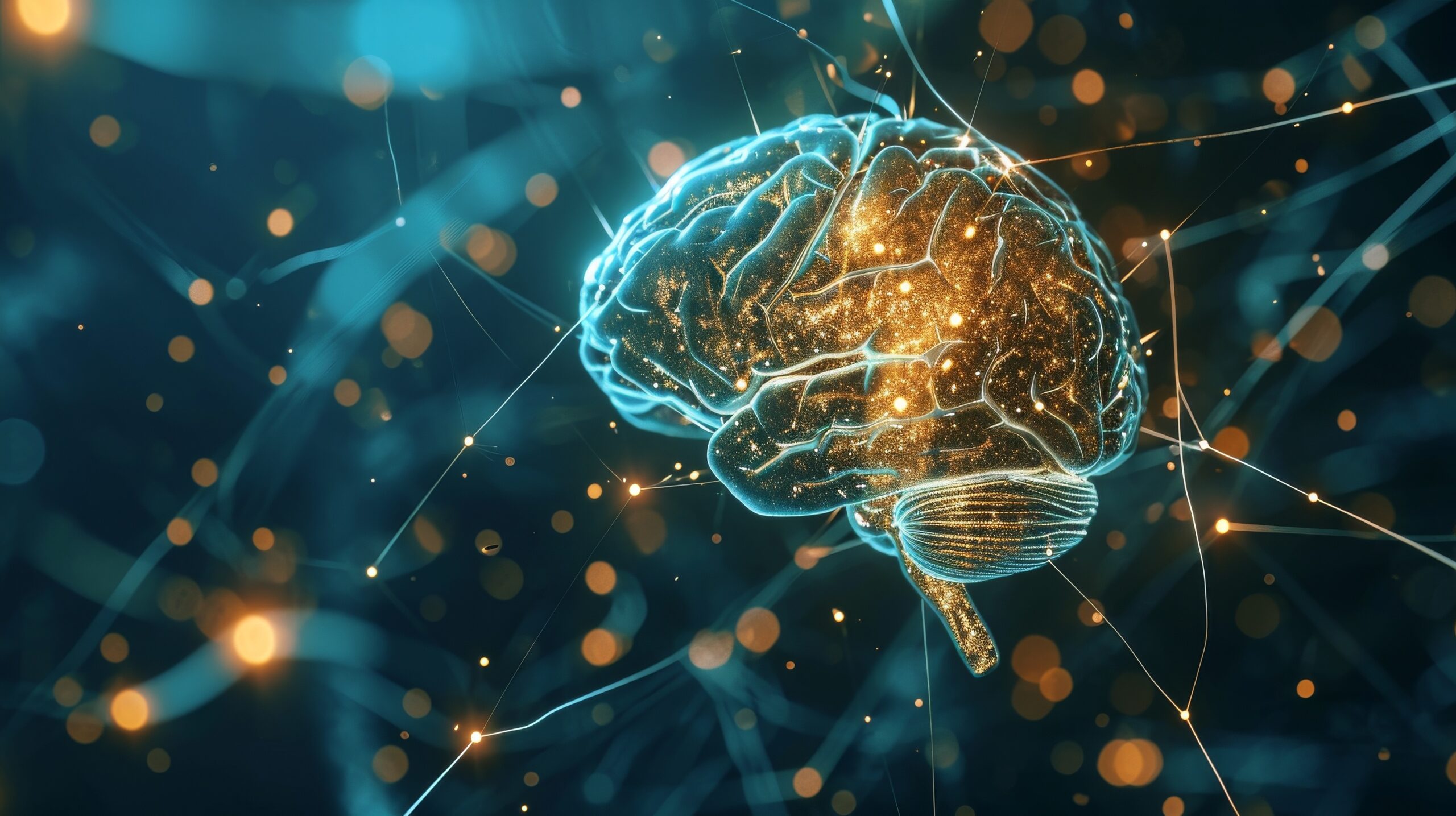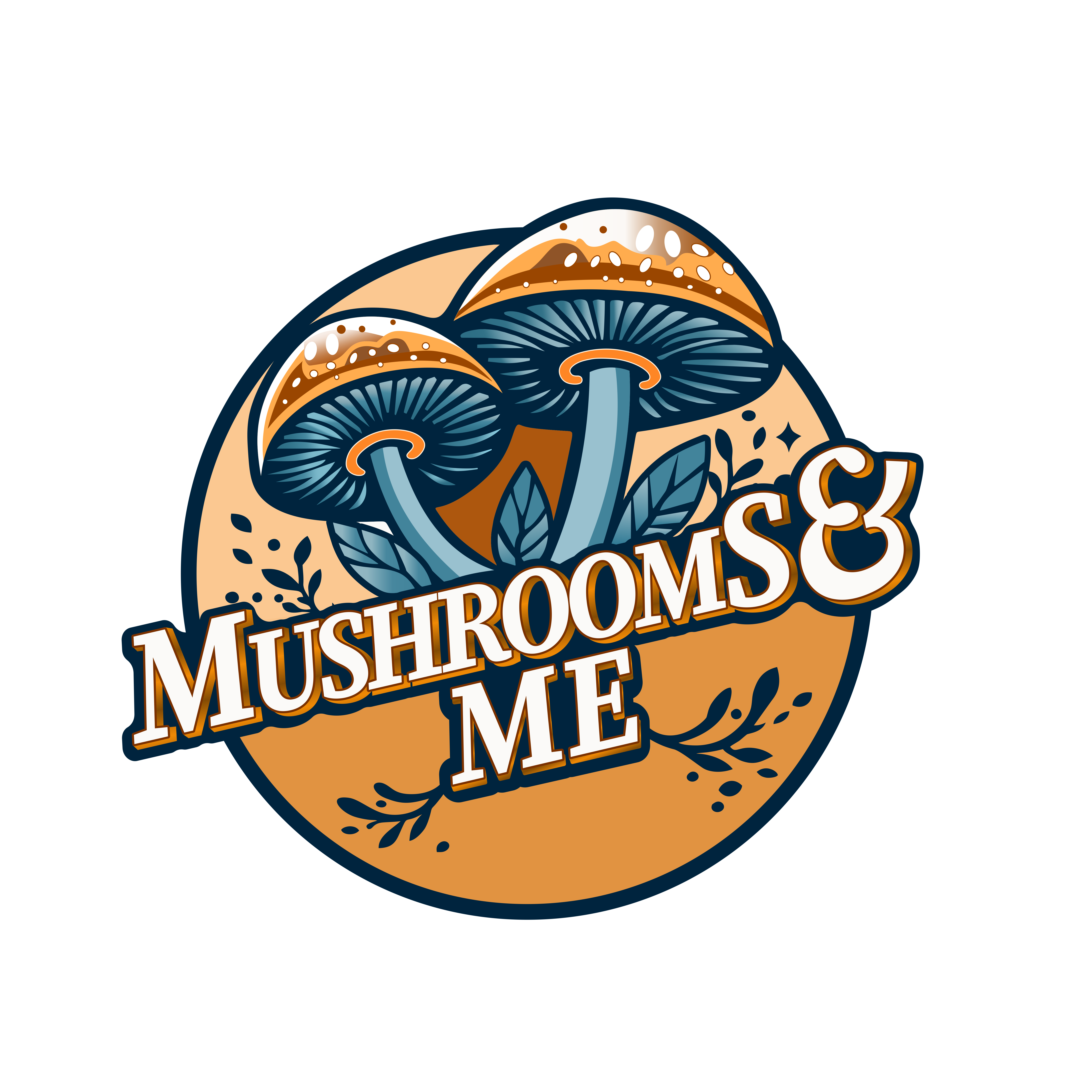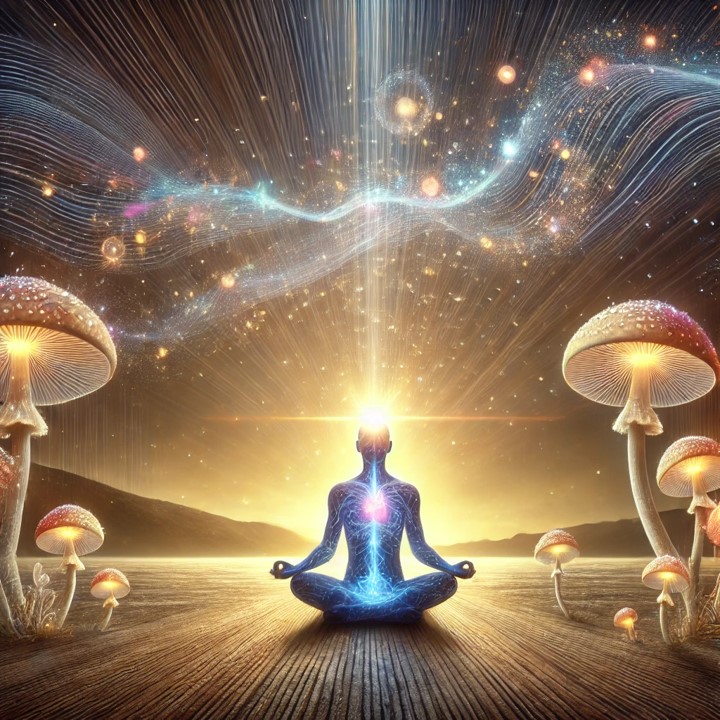 Psilocybin, the magic ingredient in those mystical mushrooms, has been making waves in the world of mental health and beyond. If you’ve ever wondered how a small, unassuming fungus can lead to mind-bending experiences and even profound healing, you’re in for a treat. Let’s dive into the fascinating world of psilocybin and how it works its magic in the brain.
Psilocybin, the magic ingredient in those mystical mushrooms, has been making waves in the world of mental health and beyond. If you’ve ever wondered how a small, unassuming fungus can lead to mind-bending experiences and even profound healing, you’re in for a treat. Let’s dive into the fascinating world of psilocybin and how it works its magic in the brain.
A Little Background
Psilocybin is a naturally occurring psychedelic compound found in certain species of mushrooms, often referred to as “magic mushrooms” or simply “shrooms.” Indigenous cultures have used these mushrooms for centuries in spiritual and healing rituals. Fast forward to today, and psilocybin is at the forefront of scientific research, showing promise in treating conditions like depression, anxiety, PTSD, and even addiction.
The Brain on Psilocybin
When you consume psilocybin, your body quickly converts it into psilocin, the active compound that interacts with your brain. Psilocin primarily affects serotonin receptors, especially the 5-HT2A receptor. Serotonin is a neurotransmitter that plays a crucial role in mood regulation, perception, and cognition.
So, what happens when psilocin binds to these receptors? The effects are both complex and profound, but let’s break it down into some key processes:
- Enhanced Connectivity:
- One of the most fascinating effects of psilocybin is its ability to enhance connectivity across different regions of the brain. Under normal conditions, the brain operates within distinct networks. Psilocybin disrupts these boundaries, allowing for more integrated and holistic brain activity. This increased connectivity can lead to novel insights, creativity, and a sense of unity.
- Default Mode Network (DMN) Modulation:
- The DMN is a network of brain regions that is active when we’re at rest and engaged in self-reflective thoughts, like daydreaming or recalling the past. Overactivity in the DMN is often associated with mental health issues like depression and anxiety. Psilocybin reduces the activity of the DMN, which can help break the cycle of negative thinking and rumination, offering a fresh perspective on one’s thoughts and experiences.
- Ego Dissolution:
- Many people who take psilocybin report a sense of “ego dissolution,” where the boundaries between the self and the external world blur. This experience can lead to a profound sense of interconnectedness and can be deeply therapeutic. It helps individuals step outside their usual thought patterns and see things from a different, often more compassionate viewpoint.
- Neuroplasticity:
- Emerging research suggests that psilocybin may promote neuroplasticity, the brain’s ability to reorganize itself by forming new neural connections. This could explain why some people experience lasting positive changes in their mental health after a psilocybin experience. By creating new pathways, psilocybin may help the brain “reset” and adopt healthier patterns of thinking and behavior.
Therapeutic Applications
The therapeutic potential of psilocybin is vast and varied. In clinical settings, psilocybin is often administered in controlled environments with the support of trained therapists. Here are a few areas where psilocybin is showing significant promise:
- Depression: Studies have shown that psilocybin can produce rapid and sustained improvements in mood, even in individuals with treatment-resistant depression.
- Anxiety: Psilocybin can help reduce anxiety, particularly in individuals facing terminal illness, by fostering a sense of peace and acceptance.
- PTSD: By allowing individuals to process traumatic memories in a safe and supportive environment, psilocybin-assisted therapy can alleviate symptoms of PTSD.
- Addiction: Psilocybin has been used to help individuals break free from addictions to substances like alcohol and tobacco, often by uncovering the underlying psychological issues driving the addiction.
The Journey Ahead
While the potential of psilocybin is incredibly exciting, it’s important to approach it with caution and respect. Research is still ongoing, and it’s crucial that these substances are used responsibly and within a legal framework. For now, psilocybin offers a tantalizing glimpse into new possibilities for mental health treatment, opening doors to healing and understanding that were once firmly closed.
So, whether you’re a curious mind or someone seeking new ways to manage mental health, the story of psilocybin is one worth following. It’s a journey into the depths of the human mind, revealing just how interconnected and complex our brains truly are. As science continues to uncover the secrets of psilocybin, we may find even more reasons to marvel at the natural world and its profound impact on our mental well-being.


